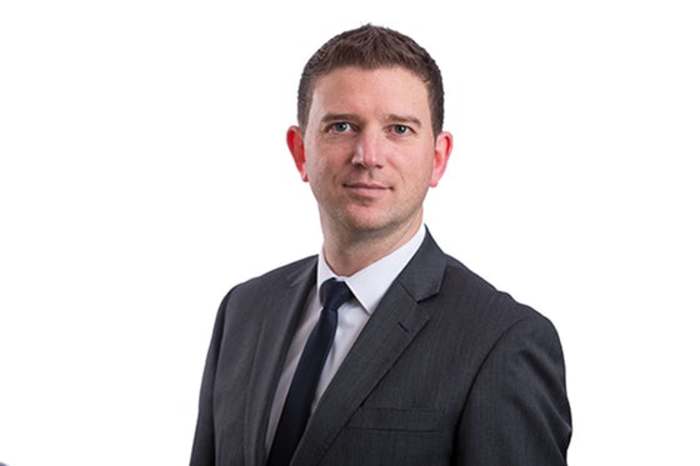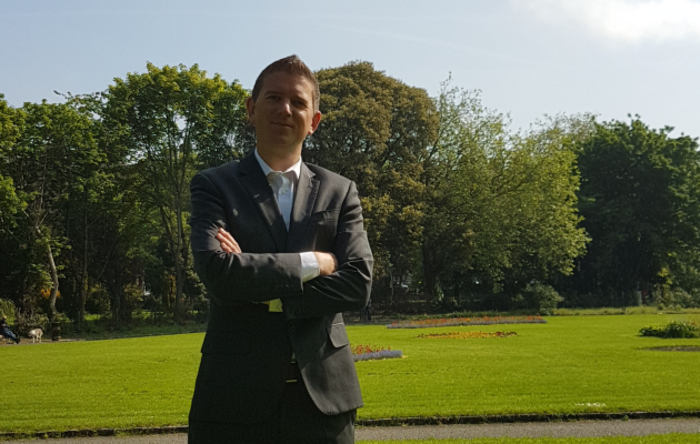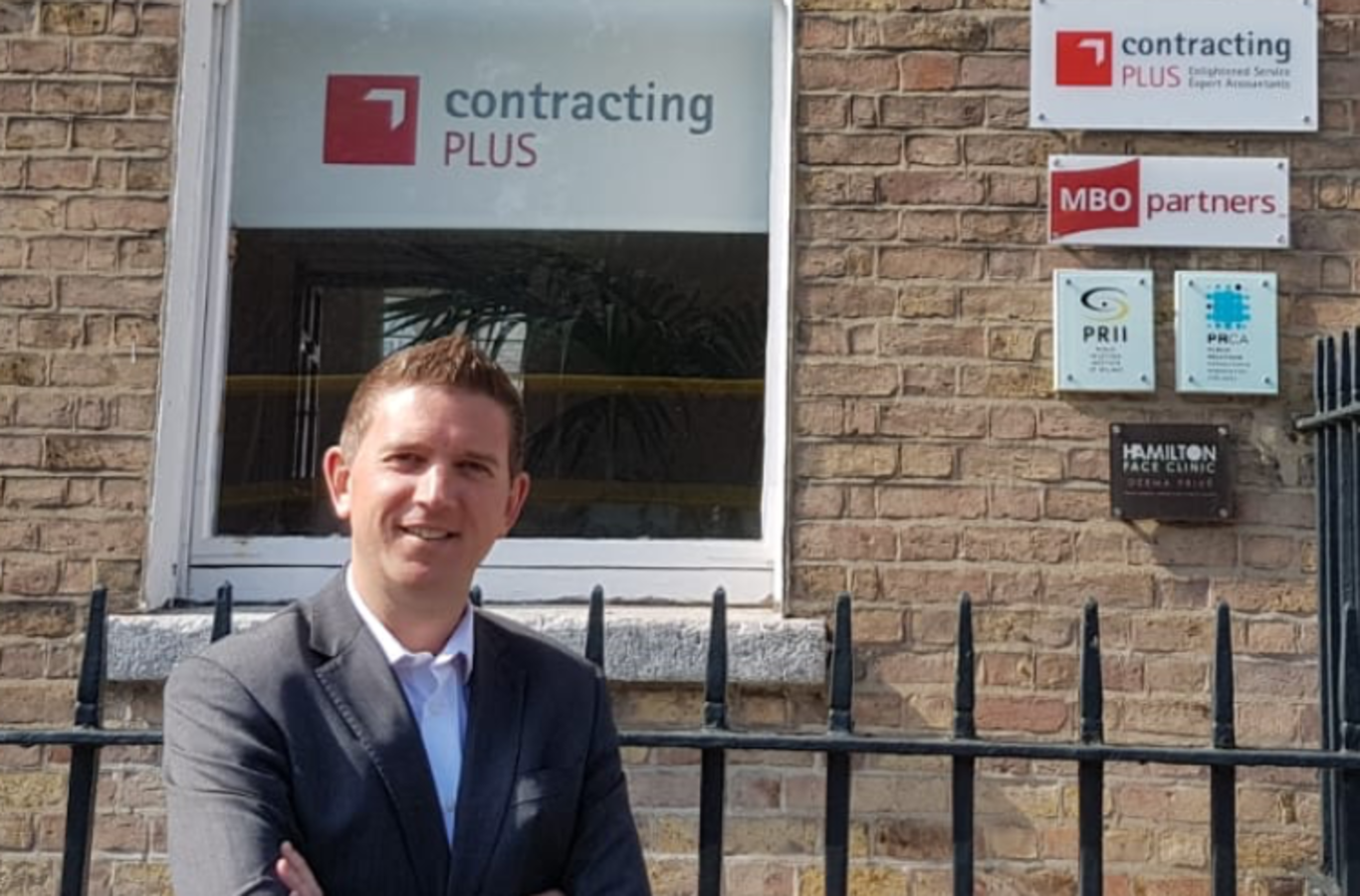'I woke up one morning and thought: I don't want to be a barman when I'm 40'
Jimmy Sheehan sang in pubs and delivered phone books before setting up – and selling – a business.
I HAD NO interest in school when I was young. I still completed my leaving cert, but had no desire to go to college, so I went into full-time employment.
My first memory of work is doing the cub scouts bob-a-job at age seven. I can’t imagine anyone cutting a front lawn with a manual lawnmower for 20p these days.
Growing up, we had a family pub for a number of years. My first regular job, albeit unpaid, was emptying bottle skips at the age of eight or nine. Since then I’ve had a myriad of odd jobs from working in bars to delivering phone books door to door.
Once I was legally allowed work at 15, I was sent out to get a weekend job by my parents and make my own pocket money. This gave me the strong work ethic I have today and is one of the reasons I’ve got to where I am.
In the mid 90s, pubs were thriving and there was a great social scene almost every night of the week, so I figured I could kick-start my career in that area.
I began working as a lounge boy earning £1.50 an hour, and when I left school I stayed in the pub business full-time before moving to England at age 19 for a change.
I worked as a barman in a busy London pub, which was owned by a brewery that owned a number of other pubs in London. The manager went on two-week holidays and left me in charge.
The profit margins were so good in those weeks that I was asked to be a relief manager for all other pubs where the managers were on holidays. I was only young, but they gave me a shot because I knew the business well and had proved myself.
I moved home as a stop-gap before heading for the USA. Over there I tended bar, painted houses, sang in pubs and was a lifeguard for the motel complex where I was living. I’d work at anything to allow me to live life and explore.
From there I spent some time touring South East Asia and living on a tight budget. Australia and New Zealand came next.
I arrived in Sydney with $200 in my wallet and nowhere to live, so I delivered phone books, waited tables, moved furniture, tended bar and painted houses – I was prepared to do any odd job to make money.
 Jimmy Sheehan
Jimmy Sheehan
Barman to accountant
I returned to Ireland in the early 2000s. I was 25 and back working full-time in bars. One morning I woke up and said to myself: “I don’t want to be doing this when I’m 40.”
So I started an accounting technician course during the evening. I chose that course because it was only two years and it allowed me to find a job that gave me some training during the day.
I worked in the accounts department of Sherry Fitzgerald as a junior and the two years of work and study flew by. I was out of the pub lifestyle which was great, but as a trainee accountant I was only earning €12,000 a year.
I left Sherry Fitzgerald in 2004, when I was headhunted to be the financial controller of a boutique property development firm. I had qualified as a certified public accountant by then and bought my first house.
A new house eats into your wages and I needed some extra money. So I put a little advert in a local magazine and started doing some bookkeeping jobs at night.
Over the next couple of years I built up a steady, if not modest, second income with the bookkeeping work.
Then in 2007, the writing was on the wall for the property market. Everything was slowing down and jobs were under threat. I told my directors that they needed to let people go – and they needed to let me go.
They didn’t want me to leave, so I arranged a deal to contract with them on a part-time basis. This gave me the freedom to set up my own accountancy firm. Given it was the start of a recession, my friends thought I was crazy.
I could have held onto the coattails of the property business for as long as possible, but I was the guy managing the money and there was no point in being unrealistic about it.
Without drastic action, we’d get to a point where there’s no money left in the bank and then they’ll ask why I didn’t flag this six months earlier. I’d be out of a job with an ugly mark on my CV. You have to be honest in business and make tough decisions.
No discounts
One of the best pieces of advice I was given was to never discount my price unless you take something away.
If you are charging €500 for your service and agree to do it for 10% less, you’ve lost the customer before they get home. As that customer is driving away they’ll initially be happy with their 10% off, then they’ll start questioning if they should have asked for 20% off.
Now all they’re thinking is how much cheaper they could have gotten it for and are pissed off for paying €450. In the meantime, you’re still sitting at your desk pissed off that you agreed to do it for €450.
What you should say is, “I can do it for €450, but you won’t get part of the service”. That puts a value on taking something away.
In the early days of my business, I offered a fixed, all-in monthly fee for small businesses to have all their bookkeeping and accounts looked after.
I remember opening the local magazine I was advertising in one day, and on the page opposite my advert was a competitor offering the exact same service for €10 less per month.
How do you counter that? The natural reaction is to drop your price by €20, but I had what I think was a defining moment and decided to go in the opposite direction.
I increased my price by 25% and started focusing on the benefits to the users in my advertising. I emphasised my services would put more money in their pocket, and I ran business-growth clinics, which were all-inclusive in my fees.
When I look back now, it was a great thing my competitor tried to undercut me because otherwise my business mightn’t have become as attractive to a potential buyer.

Selling my business
If I knew exactly how to run a successful business, I would write a book and be a millionaire. The truth is it’s all about trial and error, and some luck.
I don’t think I’ve had any howler in my career that I’d roll the clock back on. If I had done anything differently, there might have been a different mistake made. I’m never one to look back and cry over spilt milk.
If something bad happens, it’s OK to be annoyed for a split second, but then you need to come to terms with the fact you can’t change it. Instead, start thinking of ways you can remedy the effect and minimise the damage.
Did I make mistakes? Yes. Did I spend money where I didn’t need to spend money? Yes. Did I hire the wrong people? Yes. But you learn from mistakes and they make you stronger and smarter.
You become a more grounded and rounded person, which allows you to be able to see things more clearly in terms of what’s important to keep your business moving and growing.
Getting my business to a stage where I could sell it was a hard graft. I worked long hours, but that’s no different to any entrepreneur.
I remember one day deciding I wanted to do something different. I hadn’t hit a ceiling, I just wanted to try something different. I went to the bank with a business plan to open up multiple accountancy locations.
The bank had funded me to do that, but then I looked at my situation. I had a young family and I knew growing the business like this would mean a lot of late nights and early mornings again. I felt that was unfair on my family.
As I didn’t know what it was I wanted to do, I knew the next step was to sell my business. So I sold my practice three years ago to one of the largest accountancy firms in the country.
The next chapter
Today I’m the commercial director for a business called Contracting Plus. We’re an accountancy and tax service specifically for independent professional contractors.
I contracted for a while – it gives you a great work-life balance. You work for who you want, when you want, and you can have enough work to earn a full-time income without the restrictions of being an employee.
It’s also great for people who only want to work on a flexible part-time basis, such as women returning to the workforce after raising their kids, or individuals who have recently retired and aren’t yet ready to fully give up work.
Today I’m a full-time employee, but if I needed to be a contractor for this job, I wouldn’t be afraid of taking the role on in that context. Contracting is essentially working for yourself – it’s another way of being an entrepreneur.
I think people get hung up with being an employee in order to get social-welfare benefits, but once you start paying the higher rate of tax, the PRSI benefits are pittance.
The idea of having a job for life is gone, but I like where I am now. I have a skillset that many businesses need – so while I might not always have a job, I’ll never be out of work.
Jimmy Sheehan is the commercial director of Contracting PLUS and former owner and founder of Sheehan & Associates Accountants. This article was written in conversation with Killian Woods as part of a series on business mistakes and what can be learned from them.







